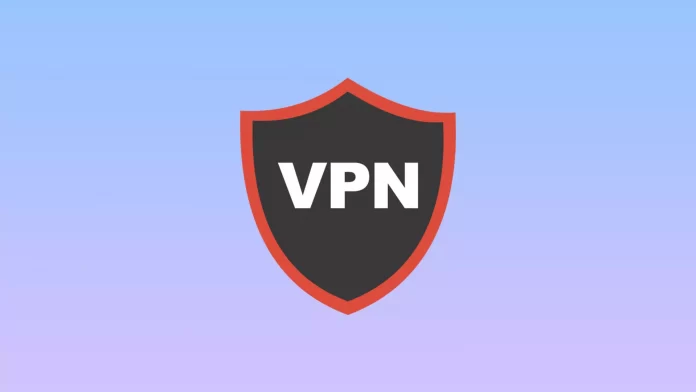A VPN (Virtual Private Network) is a tool that creates a secure and private internet connection by masking your location. While commonly used as apps or browser extensions, setting up a VPN directly on your router can ensure that all devices on your network benefit from the VPN. However, there are both advantages and disadvantages to this approach.
Choosing the Right VPN
When using a VPN, your internet traffic is routed through additional servers, which can slow down browsing speeds. Therefore, it’s crucial to choose a VPN provider with powerful servers capable of handling traffic efficiently. These services are often paid, so consider whether the benefits outweigh the costs for your needs.
Checking Router Compatibility
Before setting up a VPN, ensure your router supports VPN configuration. Most standard routers provided by internet service providers do not support VPNs. Advanced routers, however, offer flexible VPN setup options, such as routing traffic from specific devices (e.g., a TV) or accessing certain resources via the VPN.
Setting Up a VPN on Your Router
To set up a VPN on your router:
- Access the Router’s Web Interface: Usually done by entering
192.168.0.1or192.168.1.1in a web browser. - Locate the VPN Settings: The setup process varies by router model, so it’s best to refer to the technical documentation or an online manual for your specific device.
Advantages and Disadvantages of Using a VPN on a Router
Disadvantages:
- Reliance on Third-Party Servers: Your traffic is processed by the VPN provider’s servers, which could pose risks if the provider is not trustworthy.
- Data Security: Your IP address is known to the VPN provider, which may raise privacy concerns.
Advantages:
- Access to Region-Blocked Content: A VPN allows you to bypass geographic restrictions and access content that is otherwise unavailable in your region.
- Anonymity: Your actual location becomes difficult to trace for online services, enhancing your online privacy.
Conclusion
VPNs are often used to access region-restricted content, such as streaming platforms like Hulu, which is only available in the U.S. In such cases, setting up a VPN on your router with a U.S. IP address can provide access, though it may violate the platform’s terms of service. For general browsing, it may be easier to use a VPN at the browser level or switch to a secure browser like TOR.






